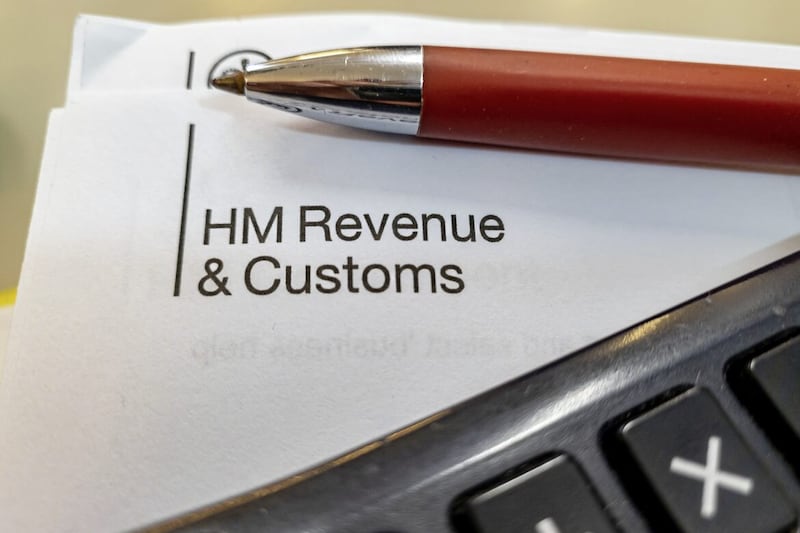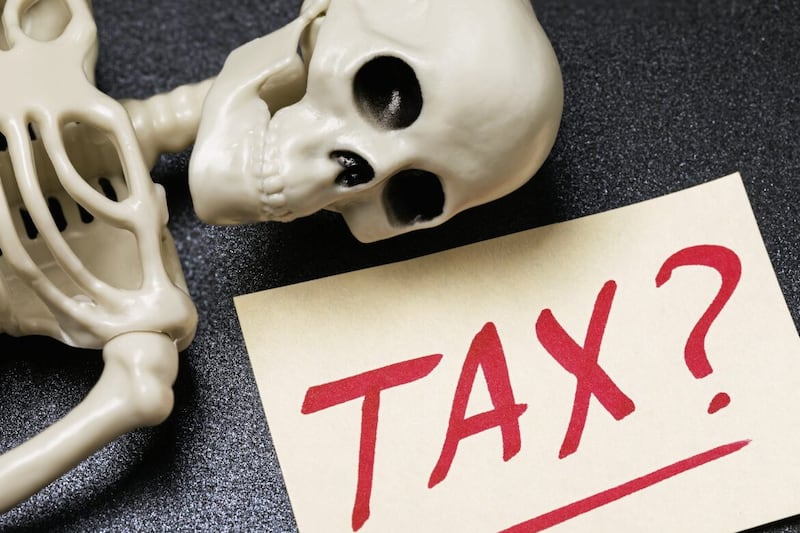QUESTION: I have recently sold my Spanish holiday home. I live in Belfast and have never declared any rental income as I believed it to be outside of the scope of UK taxation. Is this correct?
ANSWER: All UK resident taxpayers are liable to income tax on their worldwide income, regardless of the situation of the asset that generates the income.
You should have declared the rental income to both the Spanish tax authorities and to HMRC on your annual self assessment return and in addition, you will be liable to Capital Gains Tax in the UK (and Spain) if you have made a gain on the sale of the holiday home. There should be Double Taxation Relief available in the UK for any Spanish tax suffered.
It's important you act quickly because HMRC introduced a new legal obligation for people in your situation to correct any outstanding matter in relation to assets they own off-shore which cause a UK tax liability. This legal obligation is known as the Requirement to Correct (RTC) and was part of the 2017 Finance Bill.
You clearly fall within the RTC legislation because you have an outstanding off-shore tax non-compliance which arose before April 2017, it relates to an off-shore asset, the non-compliance was committed before April 2017 and therefore you must correct the position on or before September 2018.
If you do not comply with the RTC legislation, then very heavy penalties will be levied for your Failure to Correct (FTC). The FTC penalty can be as high as 200 per cent of the tax liability, with very serious cases facing a further penalty of up to 10 per cent of the value of the off-shore asset. In addition, HMRC will publish your name on a public website of tax defaulters.
How far back you need to correct depends on the behaviour of the taxpayer that led to the underpayment of tax. Such behaviour is characterised as either non-careless, careless or deliberate.
The relevant years involved are four, six or 20 years. From your enquiry it would appear that you unwittingly failed to declare the income and therefore you are facing a four- or six-year correction period because your actions were not deliberate.
Your next step should be to quickly contact your accountant, make the notification to HMRC and then complete the disclosure including paying all outstanding tax, interest and penalties within 90 days.
:: Paddy Harty (p.harty@pkffpm.com) is director at PKF-FPM Accountants (www.pkffpm.com). The advice in this column is specific to the facts surrounding the question posed. Neither the Irish News nor the contributors accept any liability for any direct or indirect loss arising from any reliance placed on replies.







